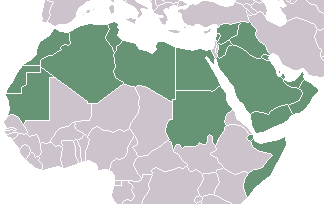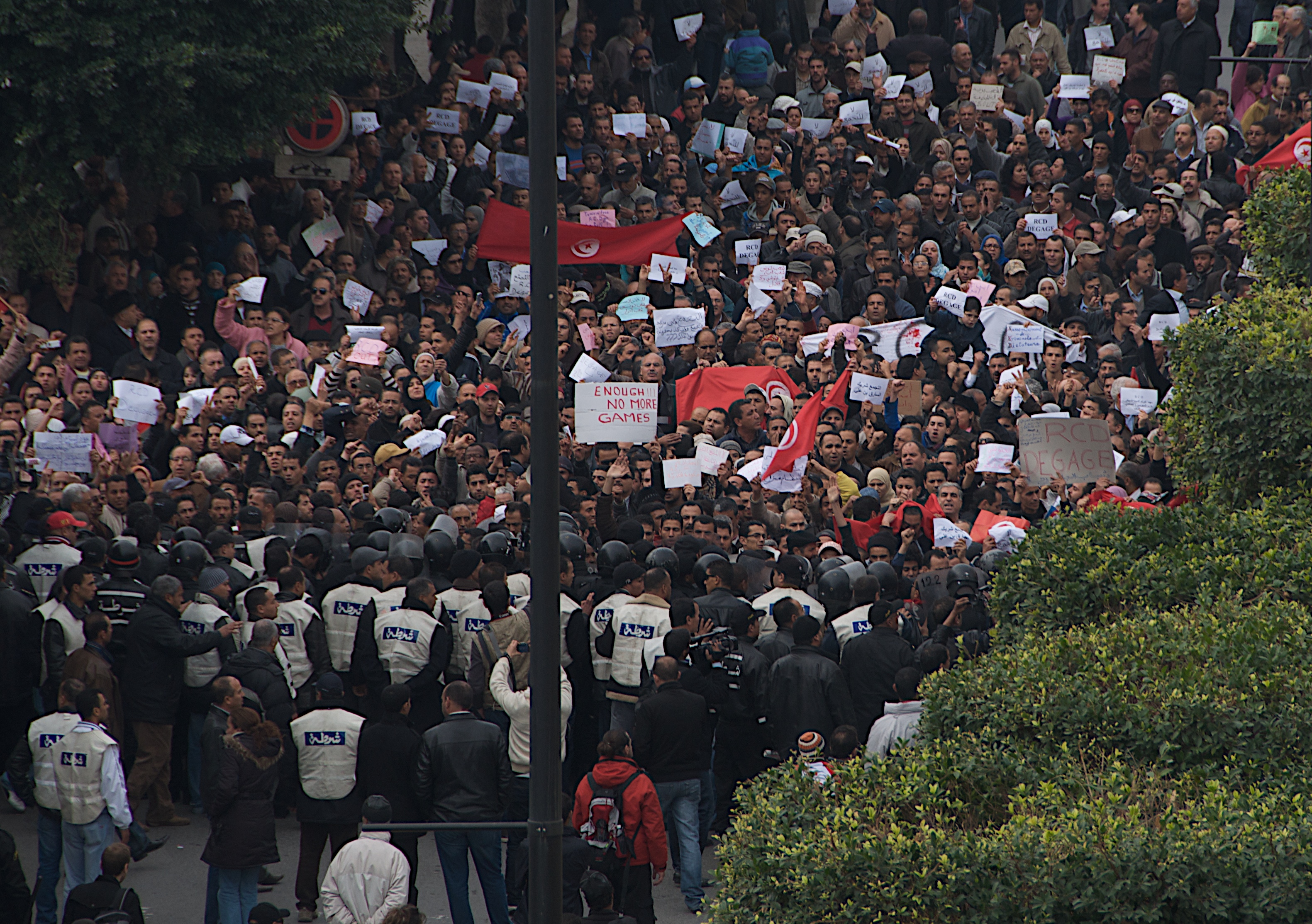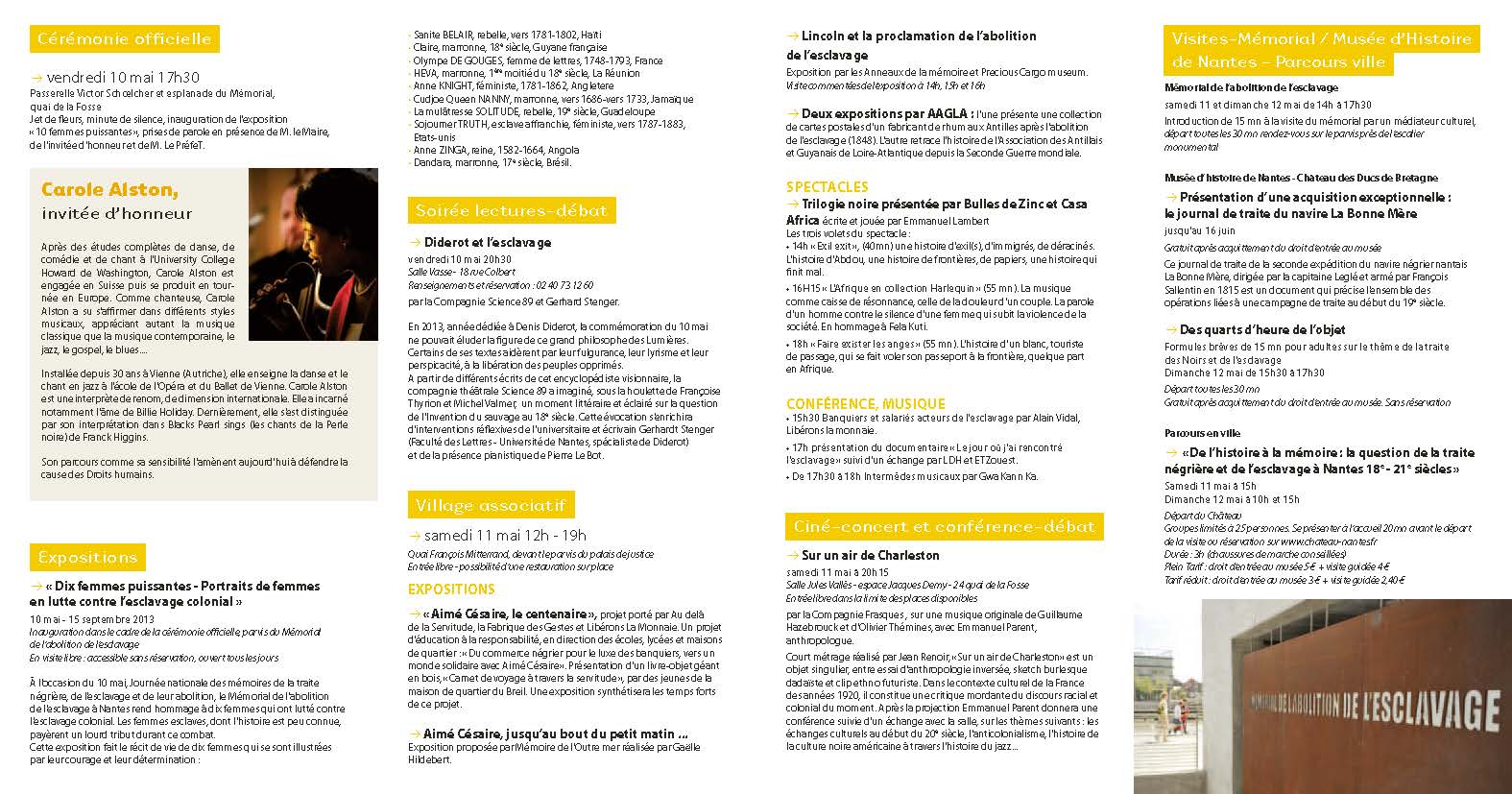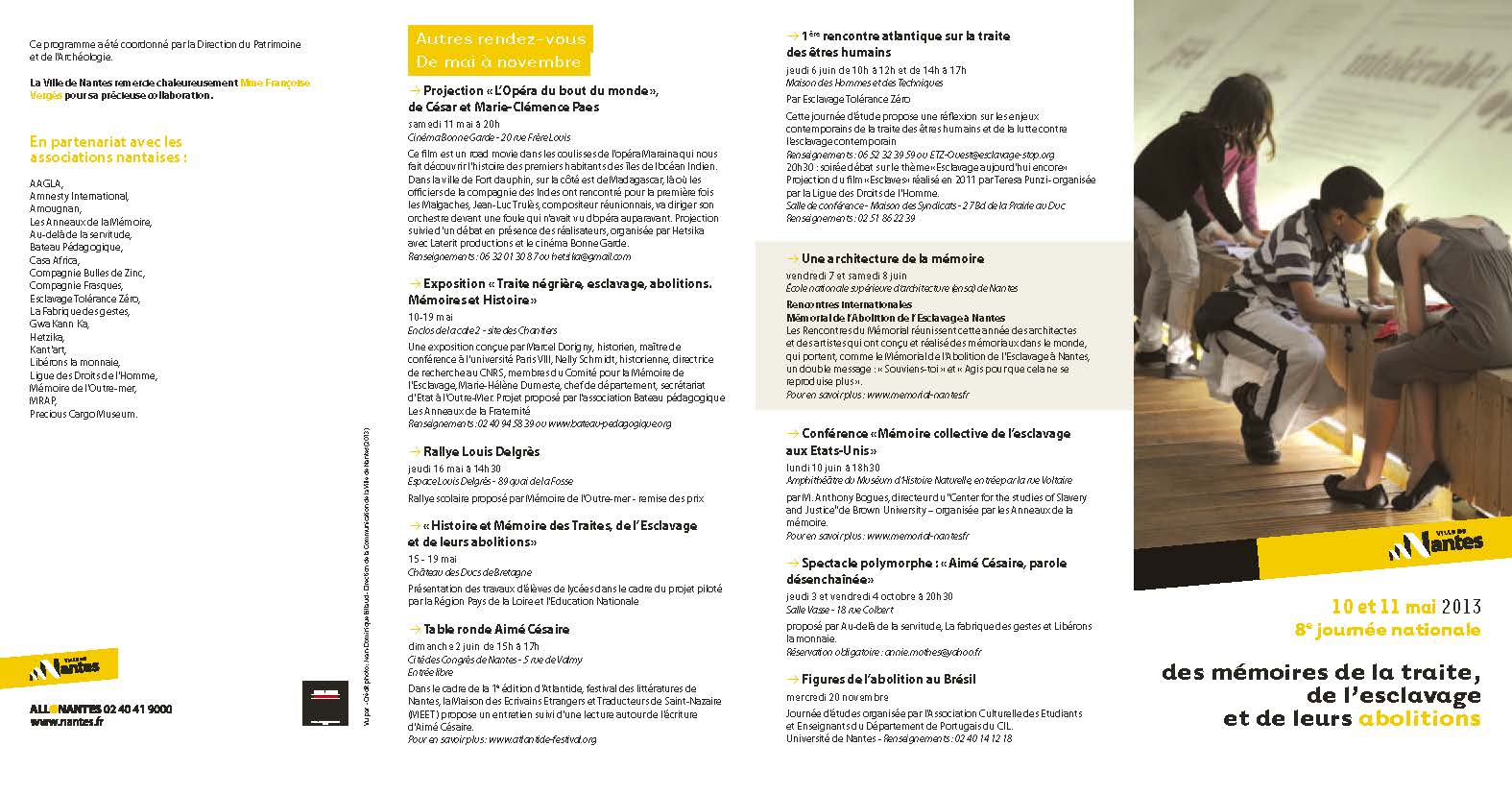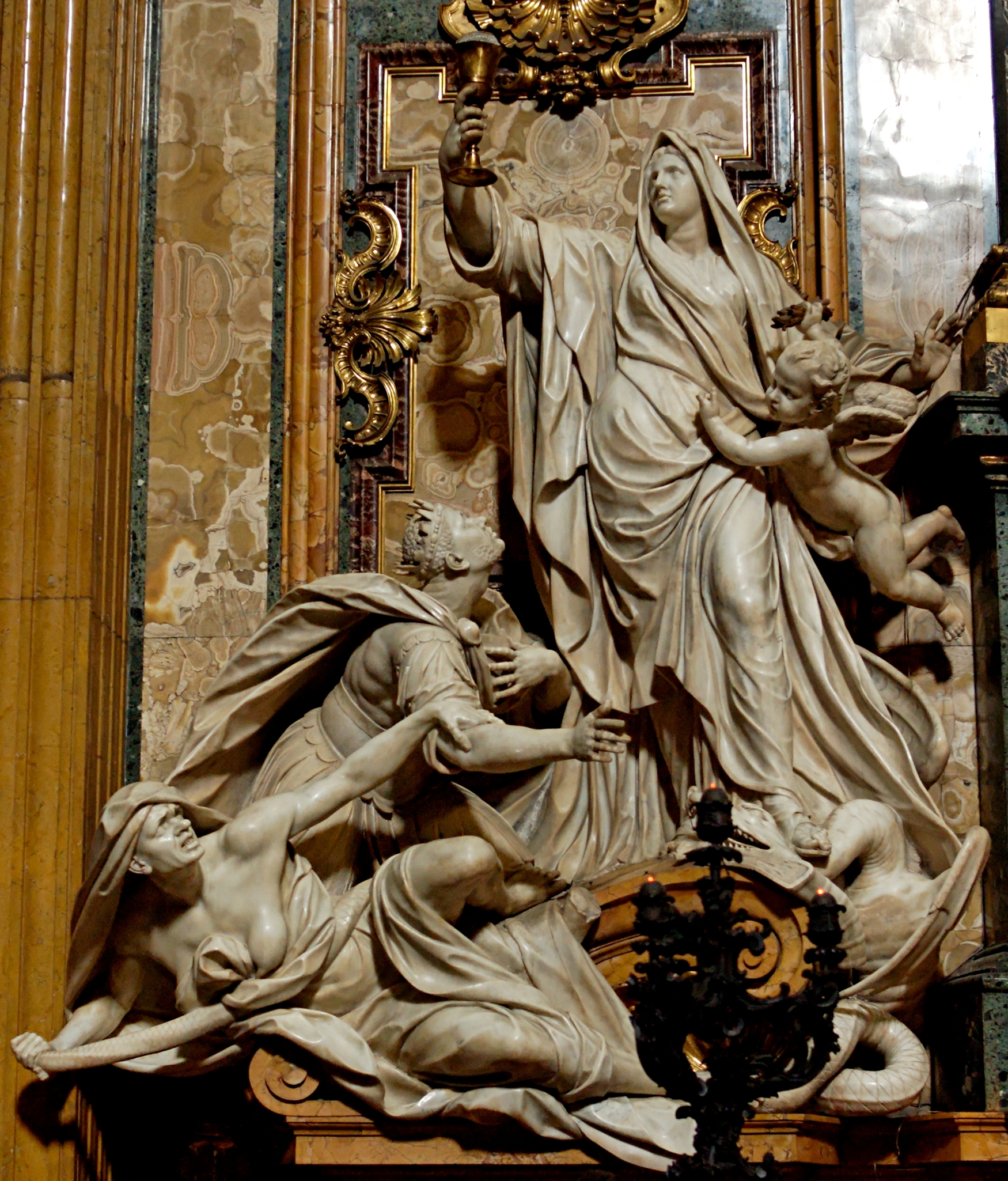This Spring, Jason Stevens works out the alliance in America between postsecularism, the revaluation of illiberal religion, and the role of Carl Schmitt in defining American power and politics in The Cul-de-Sac of Schmittian Political Theology: The Case of Paul Kahn’s Analysis of American Power.
-
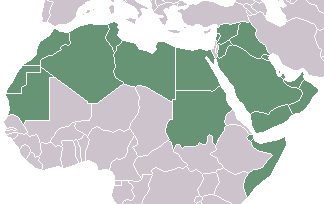
The Thinking of the Arab Revolution: Humanity, الإنسانية
New essays from Mohamed-Salah Omri and Miriam Cooke follow up on Omri’s first paper and continue the work of The Tunisian Dossier, these two interested in the “re-packaging and marketing of a ‘moderate’ Islamist leader” and the building of the Qatari empire. We invite you to read and comment on these materials and to place your comments on this topic here and elsewhere on the site.
-
Mohamed-Salah Omri's original essay on the Tunisian Revolution
“The most famous slogan chanted in Tunisia in January, then in Egypt, Yemen, Libya, and Syria, is a reincarnation of opening lines of the poem “The Will of Life,” written in 1933 by the Tunisian poet Abou el-Kasem Chebbi (1909–1934), which now form the closing part of Tunisia’s national anthem and have been sung by some of the most influential Arab stars, written on protest banners, and shouted by students in the face of French and English occupiers and their own governments.” Continue reading, boundary 2 volume 39, number 1
-
Stathis Gourgouris on "The Idolatry Post-Secularism"
Follow Stathis’ careful examination of “Idolatry, Prohibition, Unrepresentability,” here, for free download from the Duke UP site and from the last issue of boundary 2, Antinomies of the Postsecular.
This is a meditation on the assertion by Cornelius Castoriadis that “every religion is idolatry.” Idolatry here is configured beyond the conventional understanding of the idol as a concrete object of worship which works within the logic of representation. In monotheism, even the unrepresentable—or, perhaps, especially the unrepresentable—is an idol, an object of worship that is otherwise silenced by a language that claims to worship a nonobject. In this sense, the prohibition of images in monotheism (Bildverbot) is a highly sophisticated mode of idolatry.
-
Paul Bové's Top Issues of boundary 2
Duke UP has its annual sale of books and journals. Great deals on some of b2‘s best and most popular issues .

